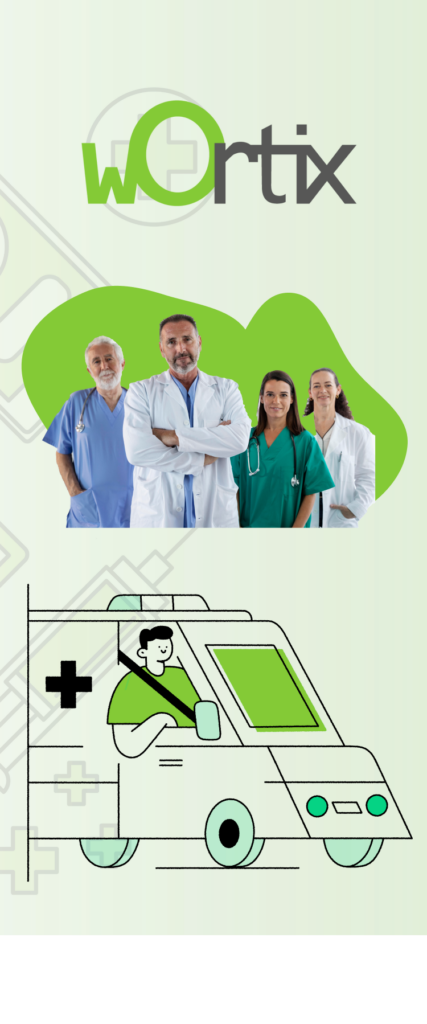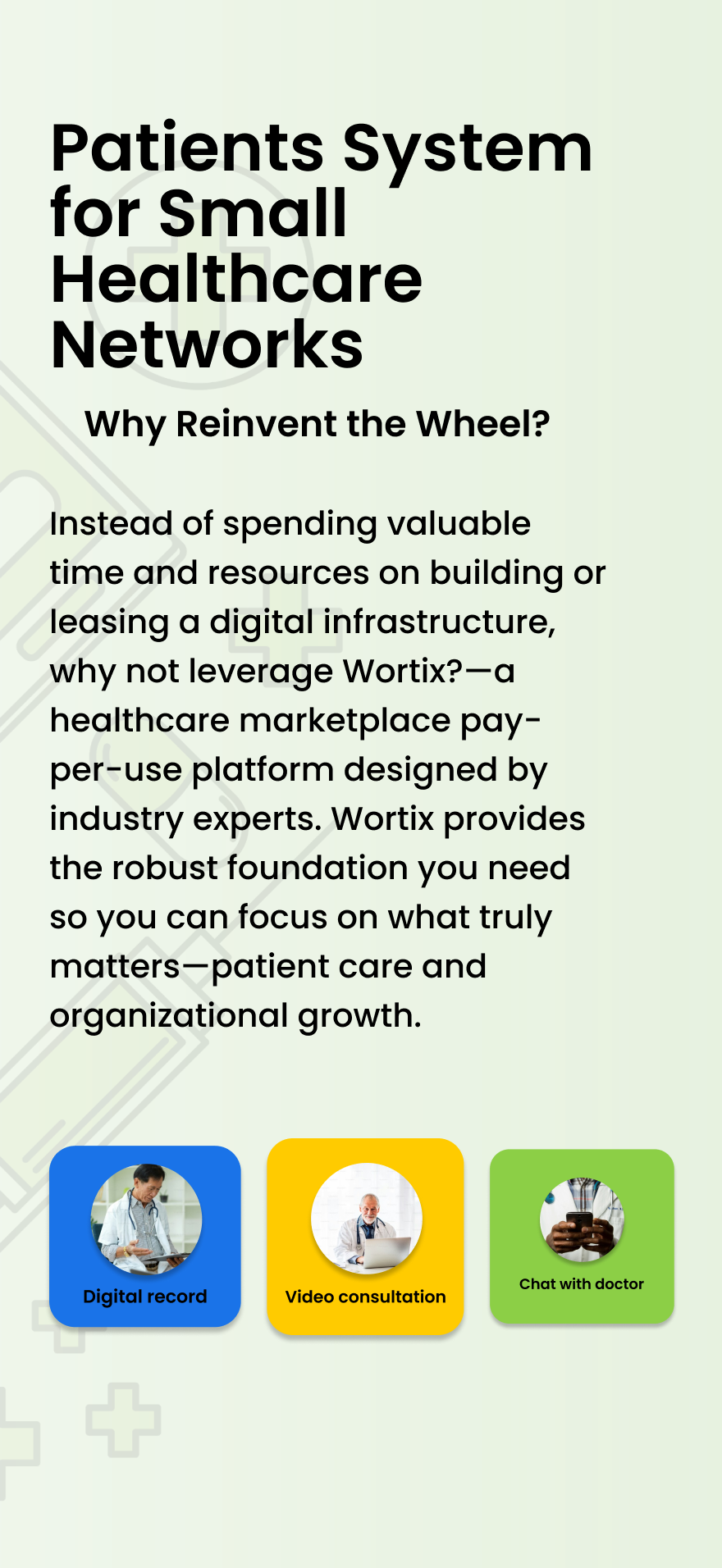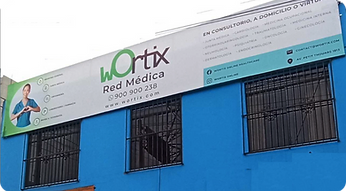How does the brain store information?
Information is stored in different parts of your memory. Information stored in short-term memory may include the name of a person you met moments ago. Information stored in recent memory may include what you ate for breakfast. Information stored in the remote memory includes things that you stored in your memory years ago, such as memories of childhood.
How does aging change the brain?
When you’re in your 20s, you begin to lose brain cells a few at a time. Your body also starts to make less of the chemicals your brain cells need to work. The older you are, the more these changes can affect your memory.
Aging may affect memory by changing the way the brain stores information and by making it harder to recall stored information.
Your short-term and remote memories aren’t usually affected by aging. But your recent memory may be affected. For example, you may forget the names of people you’ve met recently. These are normal changes.
Things to help you remember
- Keep lists.
- Follow a routine.
- Make associations (connect things in your mind), such as using landmarks to help you find places.
- Keep a detailed calendar.
- Put important items, such as your keys, in the same place every time.
- Repeat names when you meet new people.
- Do things that keep your mind and body busy.
- Run through the ABCs in your head to help you think of words you’re having trouble remembering. “Hearing” the first letter of a word may jog your memory.
- What about when I know a word but can’t recall it?
- This is usually just a glitch in your memory. You’ll almost always remember the word with time. This may become more common as you age. It can be very frustrating, but it’s not usually serious.
What are some other causes of memory problems?
Many things other than aging can cause memory problems. These include depression, dementia (severe problems with memory and thinking, such as Alzheimer’s disease), side effects of drugs, strokes, head injury, and alcoholism.
How does Alzheimer’s disease change memory?
Alzheimer’s disease starts by changing recent memory. At first, a person with Alzheimer’s disease will remember even small details of his or her distant past but not be able to remember recent events or conversations. Over time, the disease affects all parts of the memory.
How can I tell if my memory problems are serious?
A memory problem is serious when it affects your daily living. If you sometimes forget names, you’re probably okay. But you may have a more serious problem if you have trouble remembering how to do things you’ve done many times before, getting to a place you’ve been to often, or doing things that use steps, like following a recipe.
Another difference between normal memory problems and dementia is that normal memory loss doesn’t get much worse over time. Dementia gets much worse over several months to several years.
It may be hard to figure out on your own if you have a serious problem. Talk to your family doctor about any concerns you have. Your doctor may be able to help you if your memory problems are caused by a medicine you’re taking or by depression.
Memory problems that aren’t part of normal aging
- Forgetting things much more often than you used to
- Forgetting how to do things you’ve done many times before
- Trouble learning new things
- Repeating phrases or stories in the same conversation
- Trouble making choices or handling money
- Not being able to keep track of what happens each day















